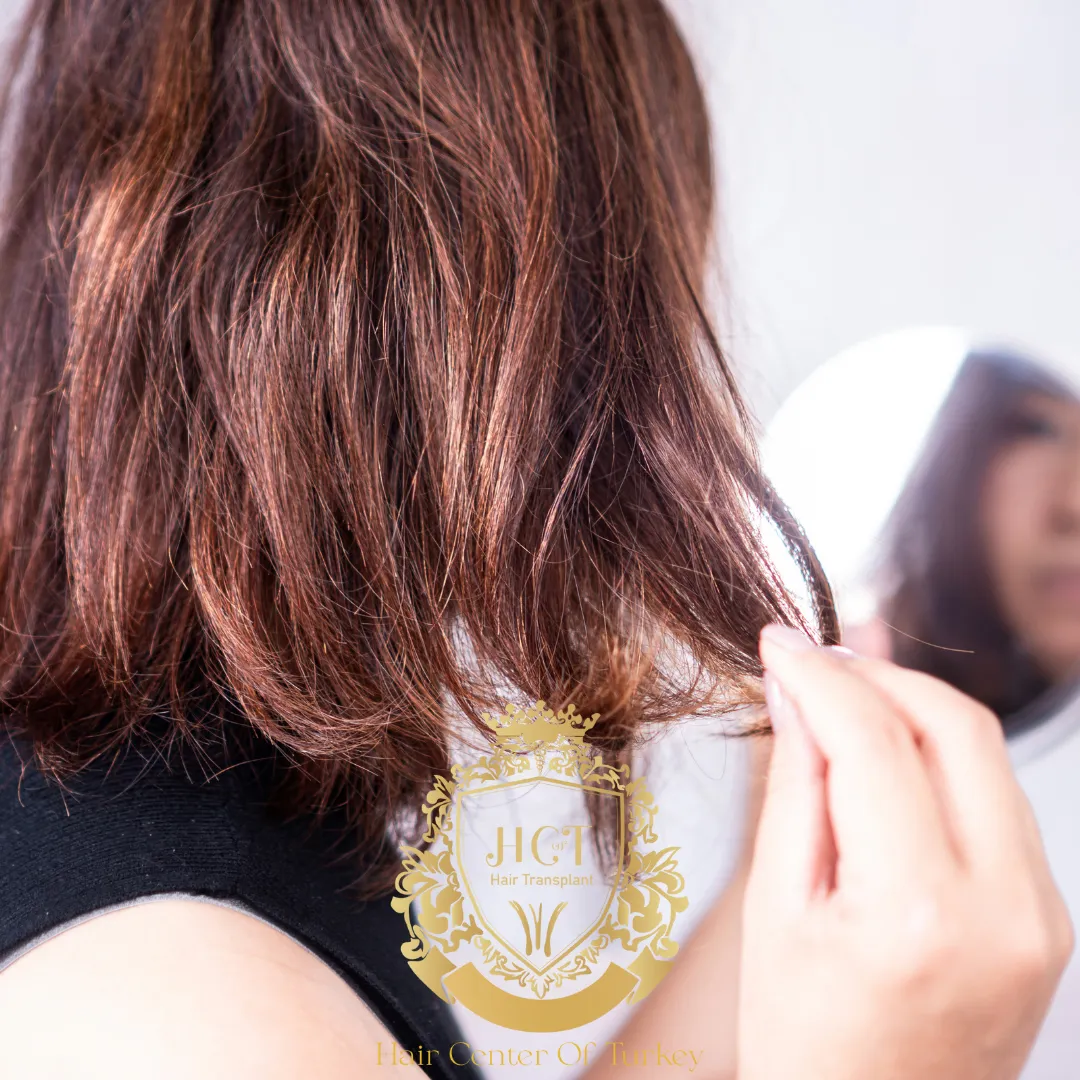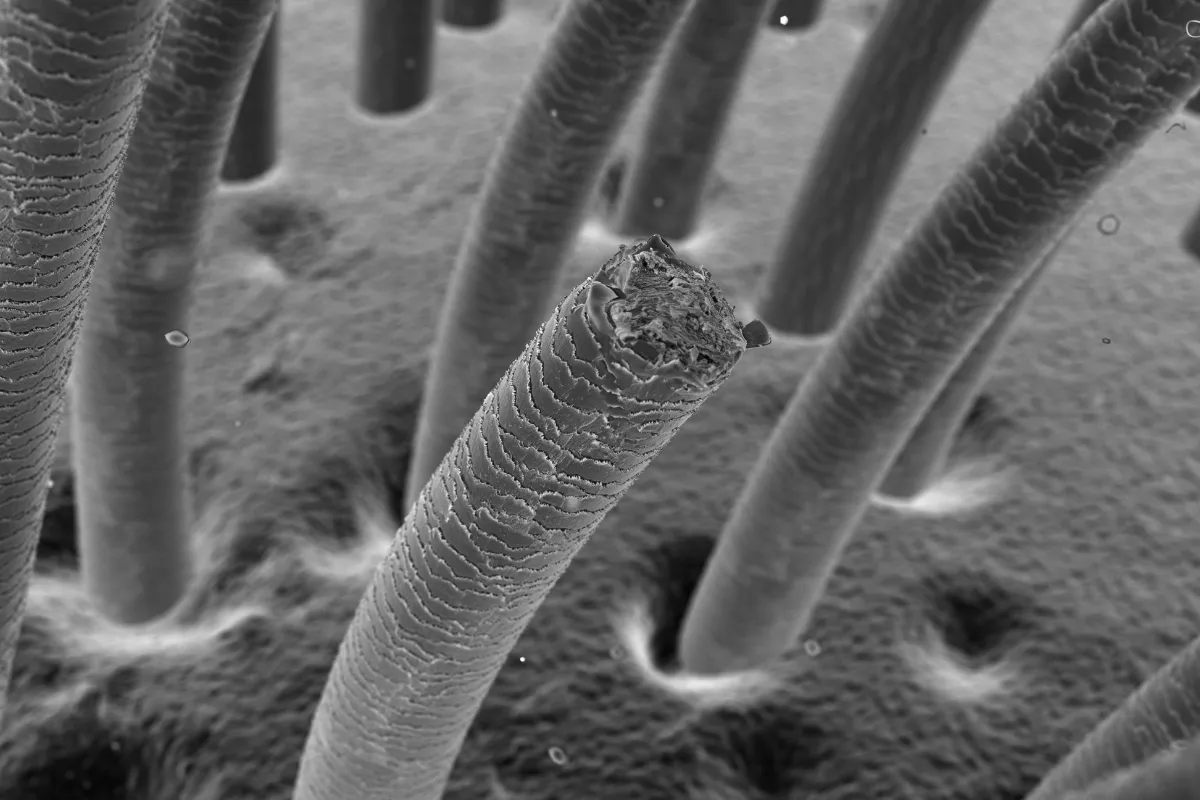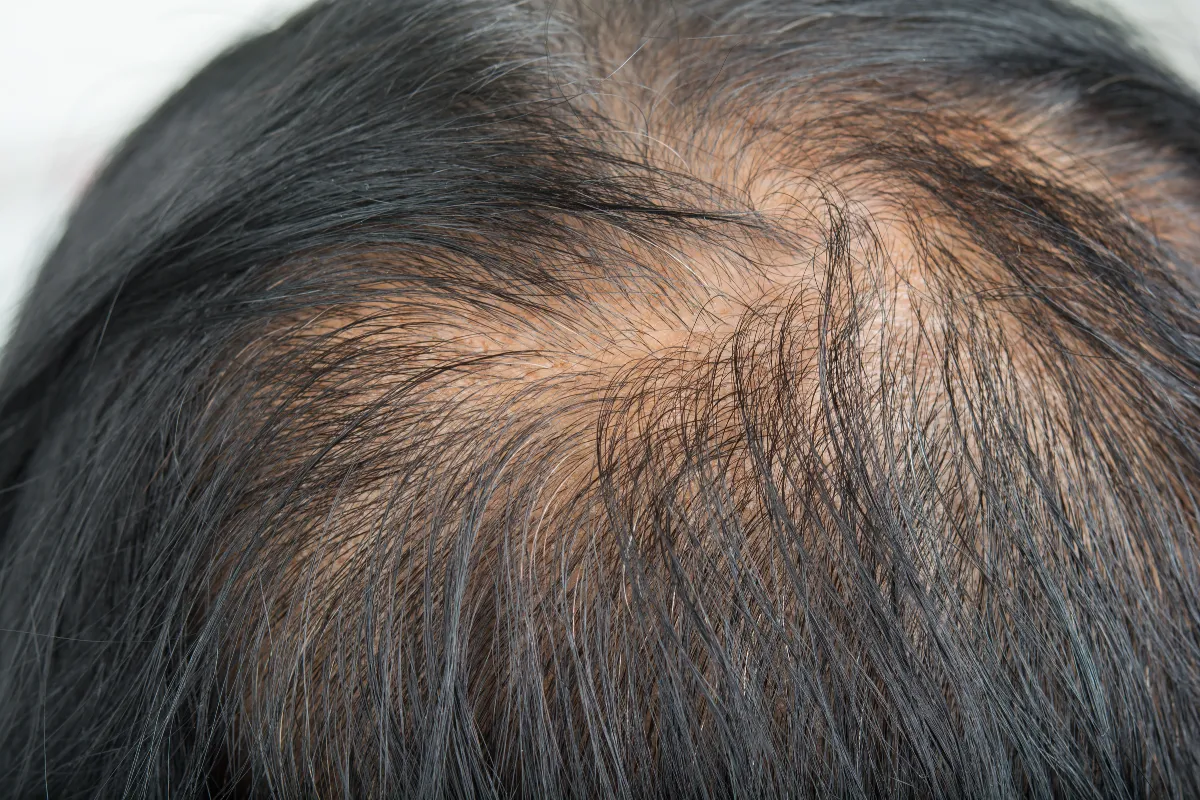
How to Fix Broken Hair and Restore Healthy, Strong Strands Naturally
Broken hair is a common concern, resulting from heat styling, chemical treatments, or environmental stress. Thankfully, it is possible to reverse the damage and restore your hair to its natural health with the right care and natural remedies. In this guide, we’ll explore the causes of hair breakage, remedies for fixing damaged hair, and tips for preventing further damage.
Table of Contents
What Causes Hair Breakage?
Hair breakage typically occurs when the cuticle (the outer layer of the hair) becomes damaged. This leaves the inner hair shaft exposed and prone to snapping. Common causes of hair breakage include:
Excessive Heat Styling: Regular use of blow dryers, flat irons, and curling tools can weaken hair.
Chemical Treatments: Frequent hair coloring, bleaching, or relaxing can strip hair of essential moisture and proteins.
Poor Hair Care Habits: Harsh brushing, tight hairstyles, or regular pulling can cause damage to hair.
Nutritional Deficiencies: A lack of essential nutrients like protein, biotin, and iron can lead to weak hair strands.
Environmental Factors: UV rays, dry air, and pollutants can weaken hair over time.
How to Prevent Hair from Breaking Again
Preventing further damage is just as important as restoring broken hair. Here are some helpful tips to protect and maintain your hair’s health:
Avoid Excessive Heat: Limit the use of heat styling tools. Always apply a heat protectant when using blow dryers or flat irons.
Opt for Gentle Hair Care Products: Choose sulfate-free shampoos and silicone-free conditioners to avoid harsh chemicals. Look for products with keratin, argan oil, or shea butter.
Adopt Gentle Drying and Styling Techniques: Pat your hair dry with a soft towel, use a wide-tooth comb, and avoid tight ponytails or buns.
Trim Your Hair Regularly: Regular trims every 6-8 weeks will prevent split ends and reduce the likelihood of further breakage.
Maintain a Healthy Diet: Include protein-rich foods, omega-3 fatty acids, and biotin in your diet to support hair health.

Can Broken Hair Be Repaired Naturally?
Although you can’t physically “seal” split ends, you can nourish your hair and improve its overall health using natural ingredients. These remedies help restore moisture, protect hair from future damage, and promote new hair growth.
Top Natural Remedies for Hair Breakage
Coconut Oil or Olive Oil Deep Conditioning: These oils provide intense moisture, with coconut oil known for its ability to bind to hair proteins, reducing breakage. Olive oil softens and strengthens brittle hair.
Aloe Vera for Scalp and Hair Health: Aloe vera is rich in enzymes and helps soothe the scalp, while its high water content deeply moisturizes hair.
Avocado and Egg Mask: This combination is packed with healthy fats, proteins, and vitamins that help rebuild weak strands and promote elasticity.
Apple Cider Vinegar Rinse: Apple cider vinegar balances the pH levels of the scalp, smooths the cuticle, and helps reduce frizz and breakage.
Rosemary and Castor Oil for Growth: Rosemary stimulates scalp circulation for healthier hair growth, while castor oil strengthens the hair at the roots.

When to See a Specialist for Hair Breakage
If hair breakage persists despite using natural remedies, or if you’re experiencing excessive hair thinning, it may be time to consult a dermatologist or hair specialist. This could indicate underlying health issues such as hormonal imbalances or nutritional deficiencies that require professional treatment.
FAQs
How to repair extremely damaged hair naturally?
Trim damaged ends, stop heat/bleach, deep-condition, and handle gently; damage can’t fully reverse.
How to strengthen hair strands naturally?
Adequate protein, gentle detangling, conditioning, and minimal heat/chemical processing strengthen strands over time.
How to cure hair breakage naturally?
Reduce heat, chemicals, and friction; condition regularly; trim splits to stop breakage spreading.
What is my body lacking if my hair is breaking?
Protein, iron, or zinc deficiency can contribute, but breakage usually reflects hair damage.
What vitamin are you lacking if your hair is breaking?
Biotin deficiency, though rare, can cause brittle hair; vitamin D or B12 also.




